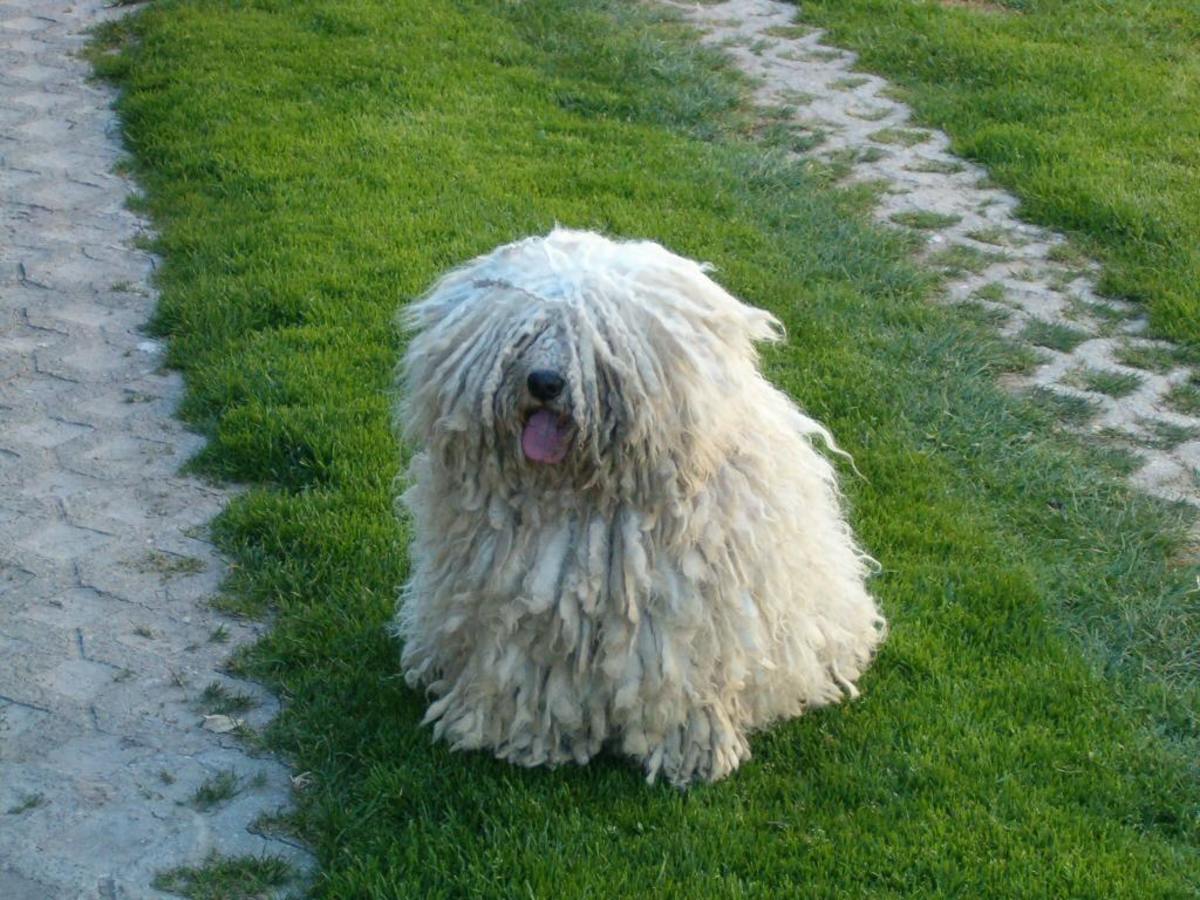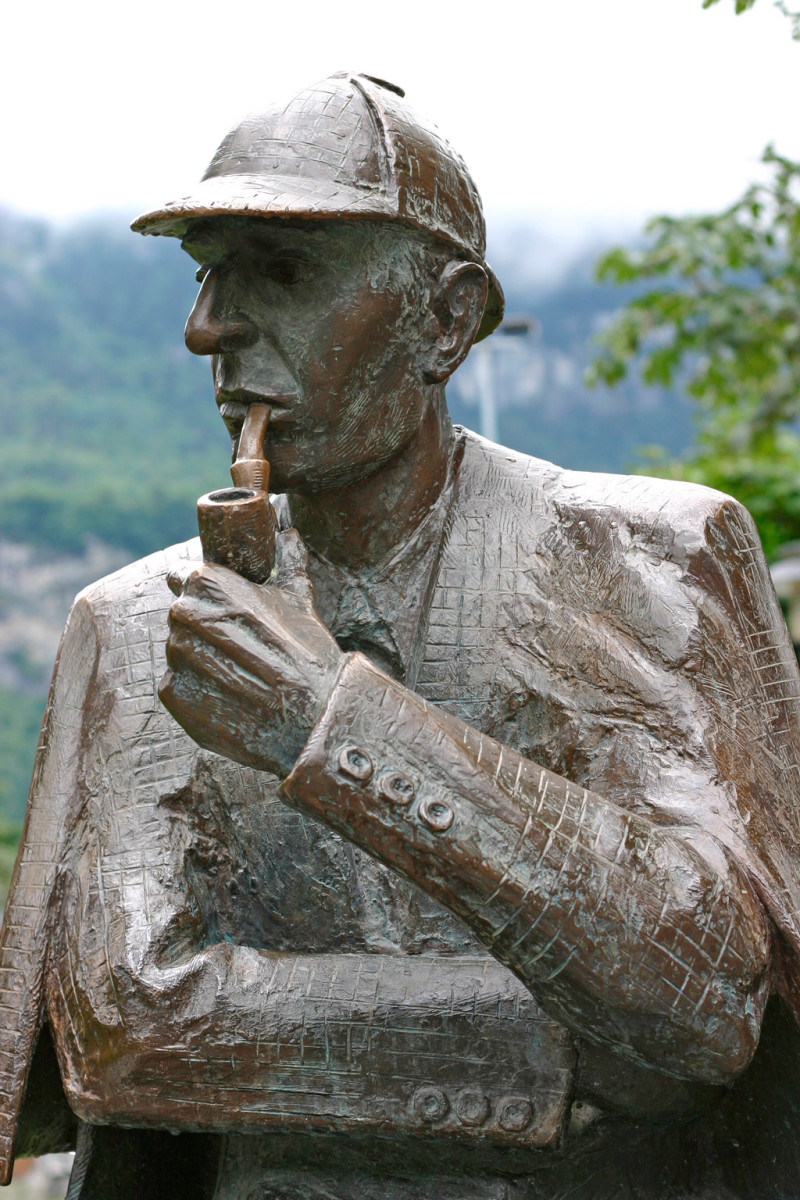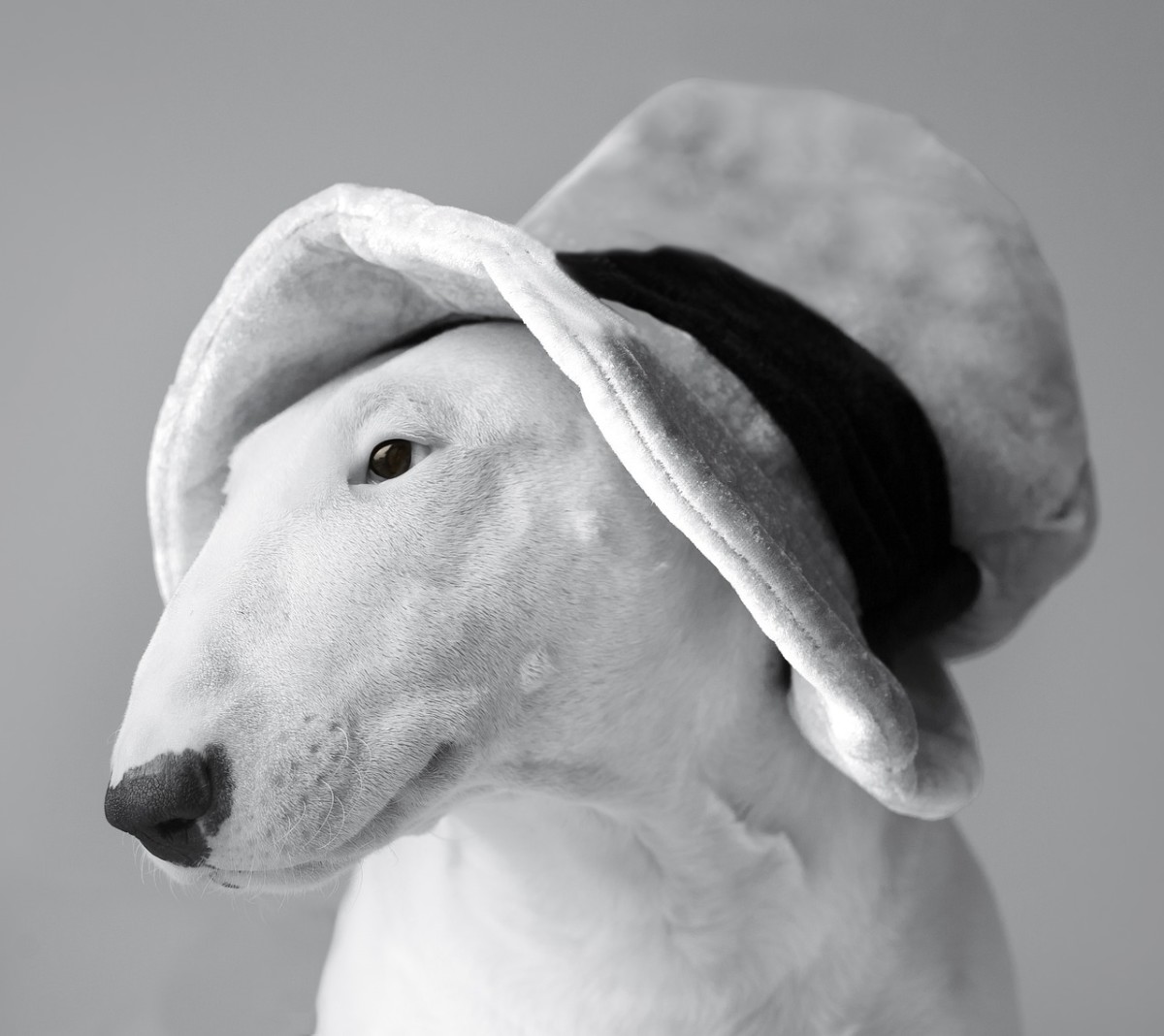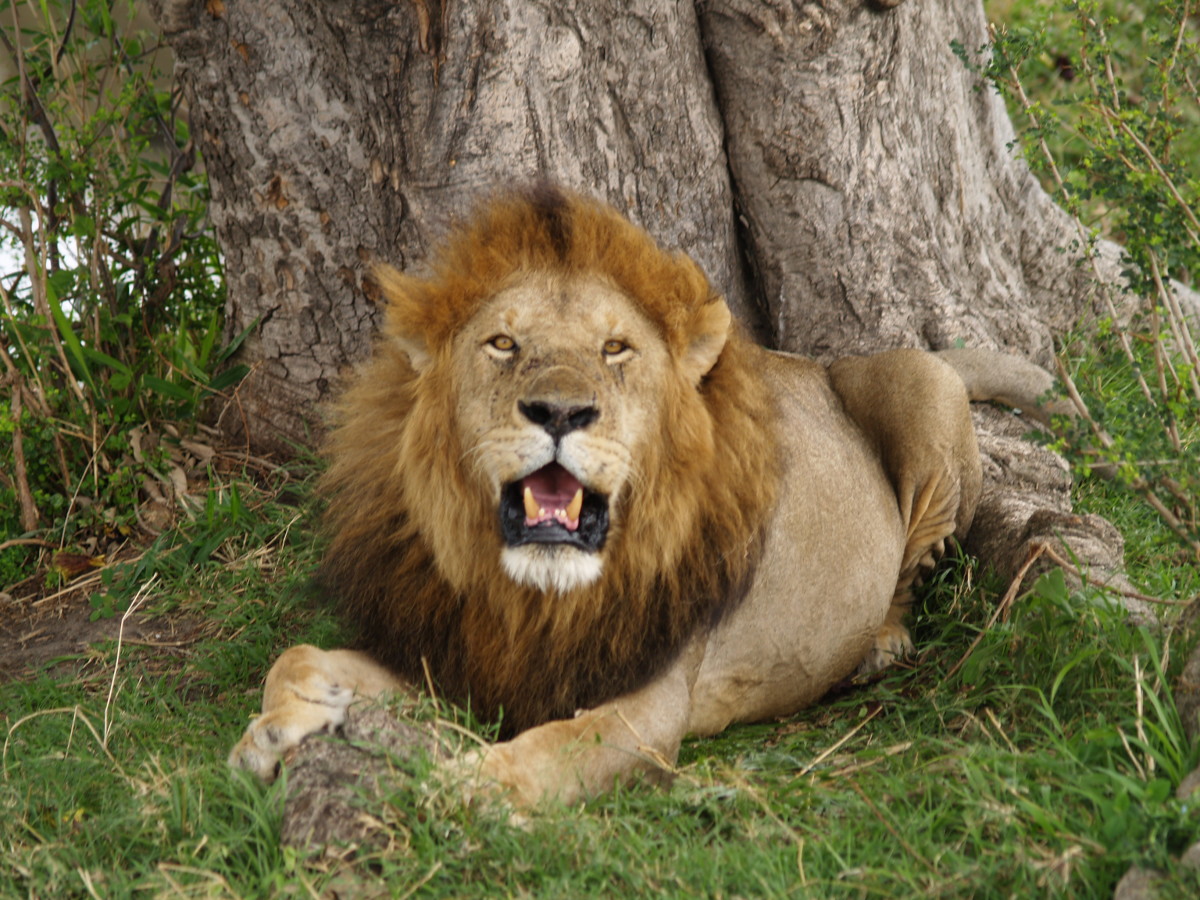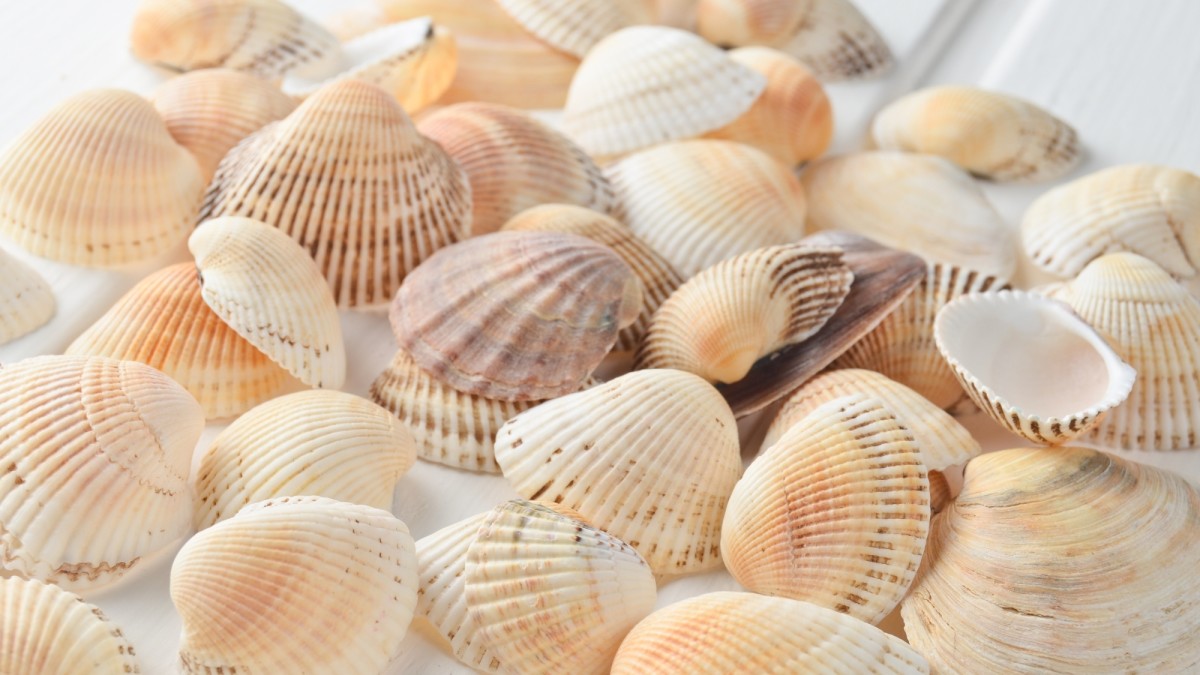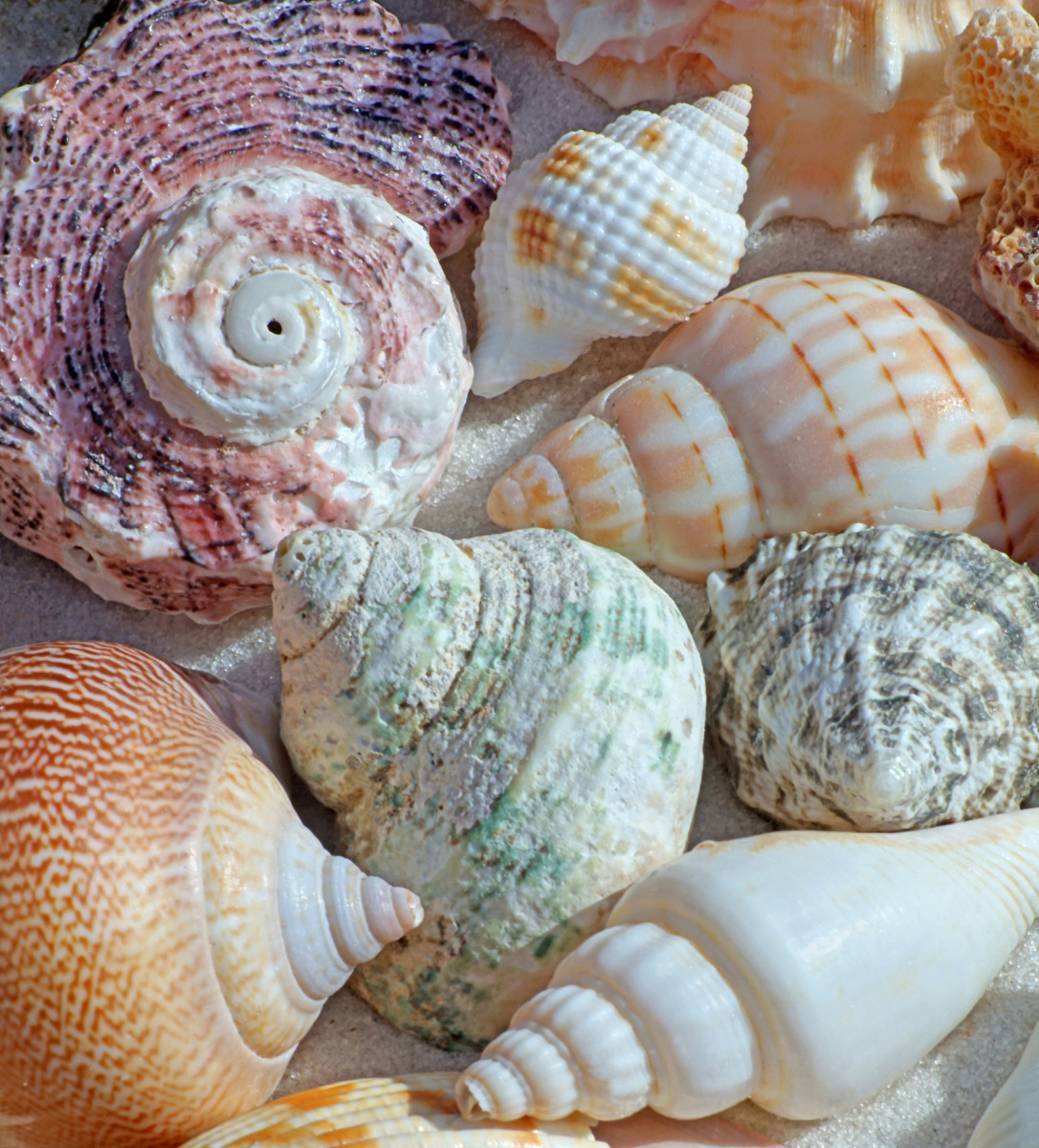Facts About Beluga Whales for Kids
Beluga whales live in the ice cold waters of the Arctic Ocean, an area that surrounds the North Pole. This area is always cold, even in the summer. In the winter, the ice is so thick, ships can't sail through it. Beluga whales can also be found in the Bering Sea and the Gulf of Alaska.
You may wonder how any animal could survive in freezing water. Belugas have a thick layer of fat called blubber that protects them from the cold. About half of their body weight is made up of blubber.
Some belugas stay in one area all year long. Others move from place to place. When belugas travel, they sometimes move in groups with thousands of members. They will even swim along rivers looking for food.
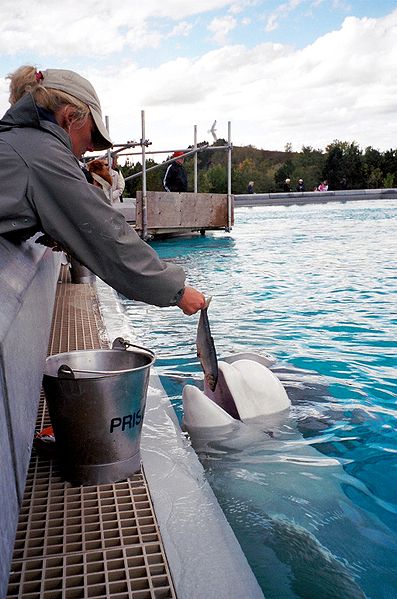
Physical Characteristics
- Belugas may look like fish but they're actually mammals. This means that they breathe air and babies drink milk from their mothers
- Babies are born gray. Adults are white
- Adults are about 16 feet long (almost 5 meters) in length. This is about the length of a car
- They can weigh about 3000 pounds (1360 kilograms)
- Their foreheads are rounded and they don't have a dorsal fin
- Babies are born between the months of May and July. Mothers carry their babies for 14 months
- Baby belugas can swim at birth. They are about 5 feet long and weigh about as much as a grown man
Beluga Behavior
- Belugas live in groups called pods
- They communicate with each other using sounds like clicks, whistles, and clangs
- They are social animals. They like to play with each other and rub up against one another
- Baby belugas stay with their mothers for about two years. They drink milk during that time. They start eating other foods when they are about a year old when their teeth come in
Foods Belugas Eat
- Belugas eat lots of different foods including herring, salmon, cod, shrimp, clams, crabs, and squid
- They hunt in groups
- They use clicks and echoes to find food
- They have 32 teeth that are used to catch their prey but they don't chew their food
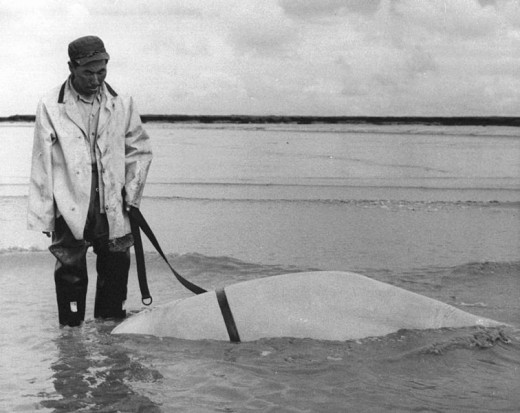
Dangers Facing Belugas
- People, polar bears and killer whales hunt belugas
- Oil spills are endangering their health
- Global warming is heating up Arctic waters, which may put belugas at risk

